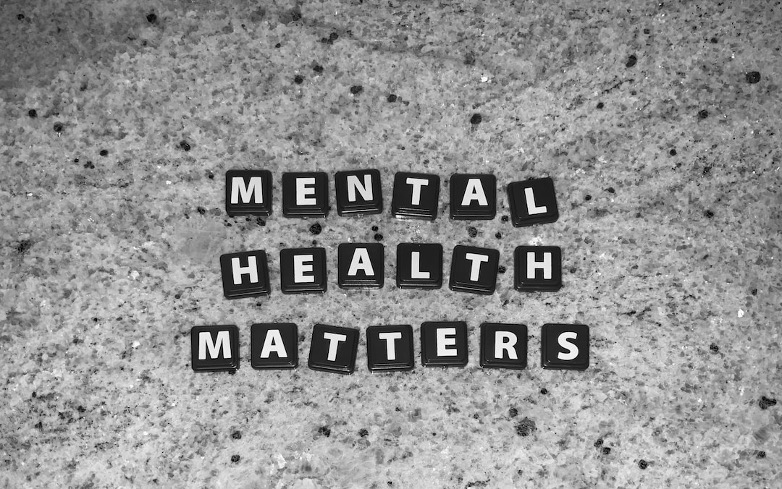Mental illness can often be a silent battle, but recognizing the signs is the first step toward getting support. These symptoms can be manifested in various ways and might differ from person to person. However, by understanding the basics, identifying physical and emotional changes, and acknowledging the impact on daily life, one can seek the guidance needed to manage these challenges. Mental health concerns are nothing to be ashamed of and are more common than you might think. In this article, we outline the indicators and guidance on how and when to seek professional mental health support.
Understanding Mental Illness: The Basics

Mental illness encompasses a wide range of conditions that affect mood, thinking, and behavior. You have to understand that mental disorders are real, treatable health conditions. They are often complex, deriving from a combination of genetic, environmental, and psychological factors. Mental illnesses can disrupt a person’s ability to function over long periods, distinguishing them from everyday worries and anxieties.
Many people may wonder, is there something wrong with me, without realizing that their experiences might align with those of mental health issues? That’s why it’s a good idea to connect with other people, which can be achieved by using a peer-to-peer support network. A peer support network gives you the ability to share personal experiences. Hearing others’ stories and struggles can help individuals realize that they are not alone in their battle and that their symptoms and challenges are valid. This validation can be meaningful in recognizing that what they are experiencing may be a sign of a mental health issue.
Knowing the basics about mental illness is pivotal for early recognition. Awareness of mental health is the first preventive measure. As such, education about mental disorders should be widespread, enabling us to dismantle stigma and encourage anyone affected to seek proper assistance.
Behavioral and Emotional Changes Indicative of Mental Health Concerns
Behavioral and emotional changes are often among the most noticeable signs of mental illness. A marked shift in performance at work or school can reflect issues like depression or ADHD. Observable alterations in behavior, such as heightened irritability, anger outbursts, or even a sudden, uncharacteristic calmness, may indicate an underlying mental health issue that needs attention. Someone suffering from mental illness might also withdraw from social gatherings and hobbies they previously enjoyed.
Emotional signs are just as substantial, with unexplained mood fluctuations being a common indicator. These changes can be extreme and persistent, affecting all areas of an individual’s life. Persistent anxiety, excessive paranoia, or continuous sadness can hint at mental health concerns that may benefit from professional intervention.
You need to take note of these behavioral and emotional shifts, especially when they are out of character for the individual. Loved ones are often the first to notice these differences and can play a pivotal role in encouraging the person to seek help from a mental health professional.
When and How to Find Professional Mental Health Support
Seeking treatment for mental illness can be a formidable hurdle, but it’s a step toward healing. It’s time to seek professional help when symptoms persist, worsen, or interfere significantly with one’s life. This includes disruptions to work, relationships, or daily functioning. The initial step can be as simple as talking to a primary care physician or reaching out to a mental health professional.
Finding the right support network is vital, whether through a therapist, psychologist, or psychiatrist. Each professional provides different perspectives and treatment methods, such as talk therapy, medication, or a combination of both. Support groups and therapy programs can also offer a sense of community and understanding, diminishing the feeling of isolation that often comes with mental illness.
Remember that the journey to mental health is a process, and it’s okay to seek advice multiple times or to change professionals if the fit isn’t right. The trick is to keep striving for well-being. Mental health is equally important as physical health, and seeking support is a profound act of self-care and strength.
Overall, mental illness can deeply affect every facet of life, but recognizing the signs and symptoms is the first step toward management and recovery. By understanding the physical, emotional, and behavioral changes that can signal mental health issues, individuals can seek timely help. Professional support can dramatically enhance the quality of life, proving that addressing mental health concerns is a necessary and courageous journey.

